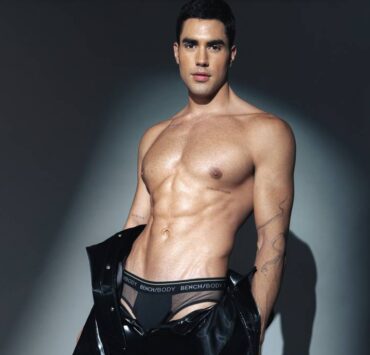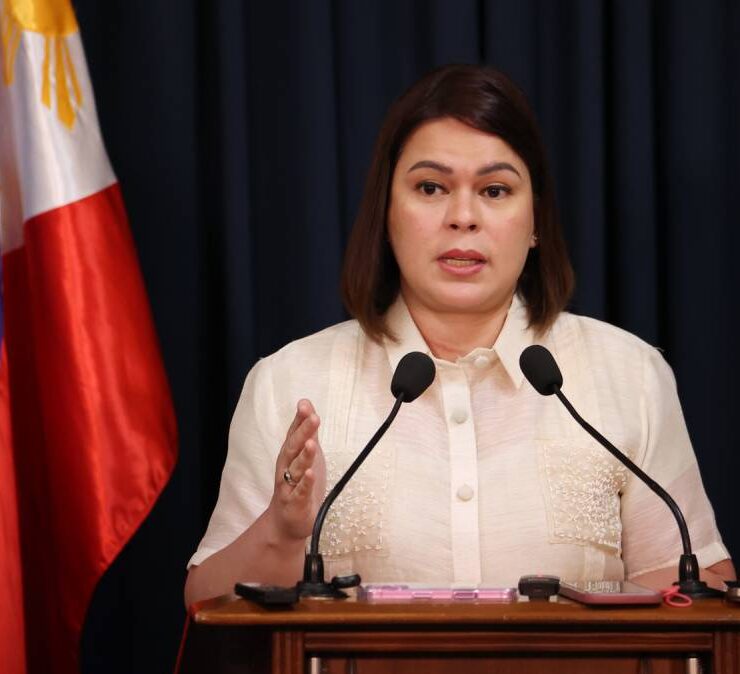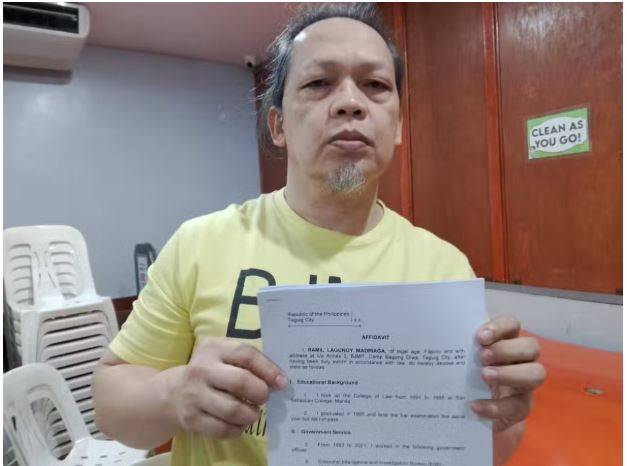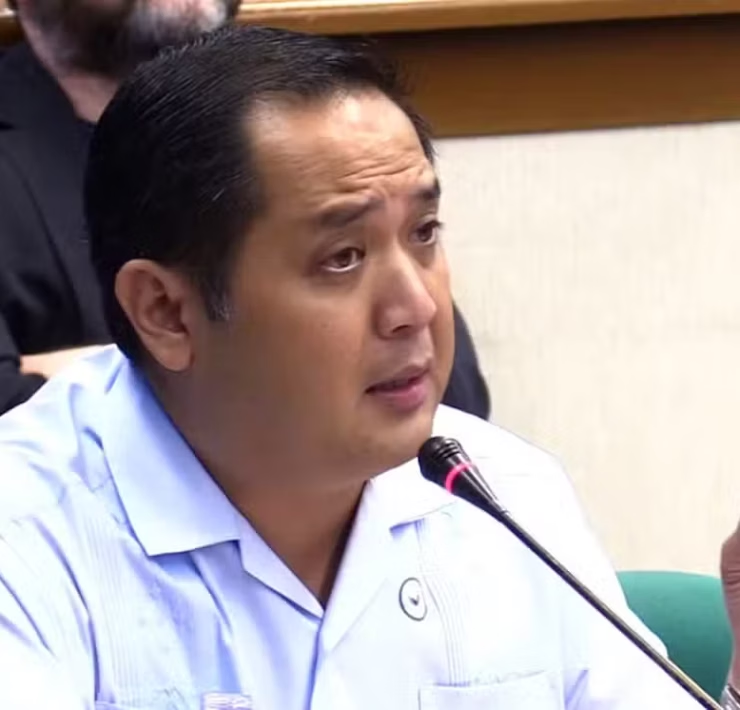‘Sponsor a Weaver’: Helping artisans from far-flung areas
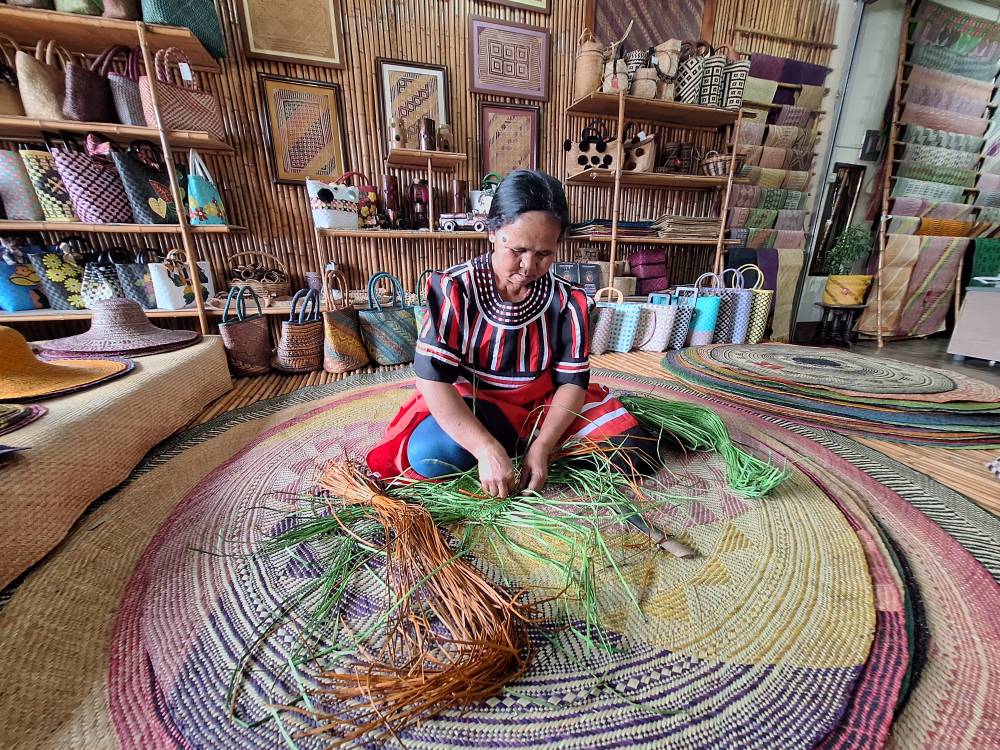
Benguet textile artist and creative entrepreneur Kat Palasi described it succinctly in a statement when she likened Likhang Habi Market Fair to getting slices of life from the islands. “It’s like visiting the Philippines in one place in one day.”
But representation matters, and one cannot paint a truly complete picture of the archipelago when there are unknown talents who are unable to participate in such a huge showcase due to issues like distance or budget.
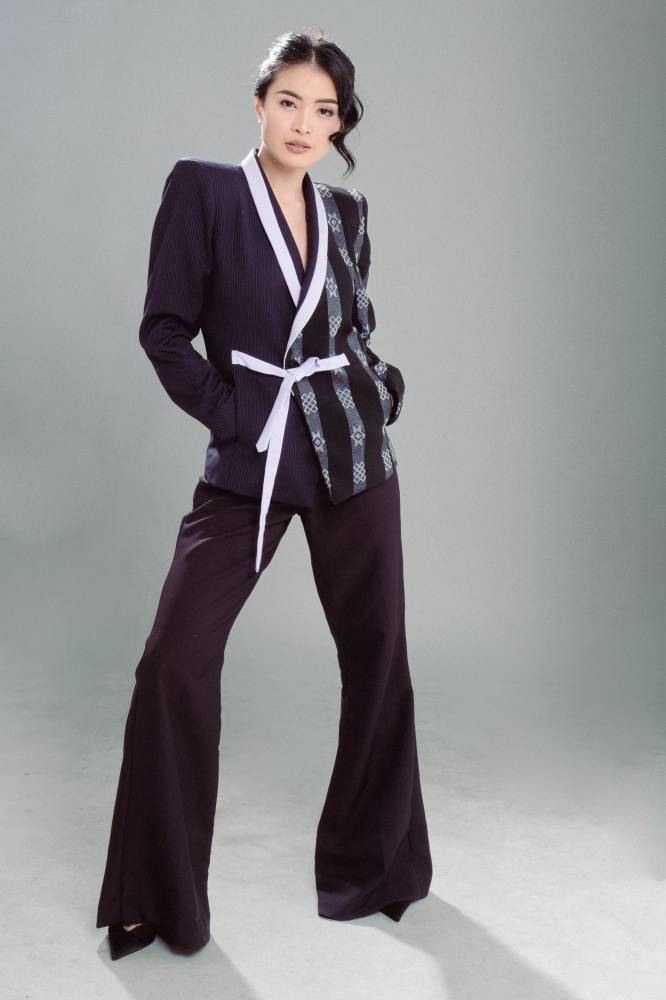
“We at Habi try to think of how we can get the weavers from far-flung areas to come, because sometimes they can’t afford it—their materials, their trip or their housing,” said Mia Villanueva, president of Habi: The Philippine Textile Council.
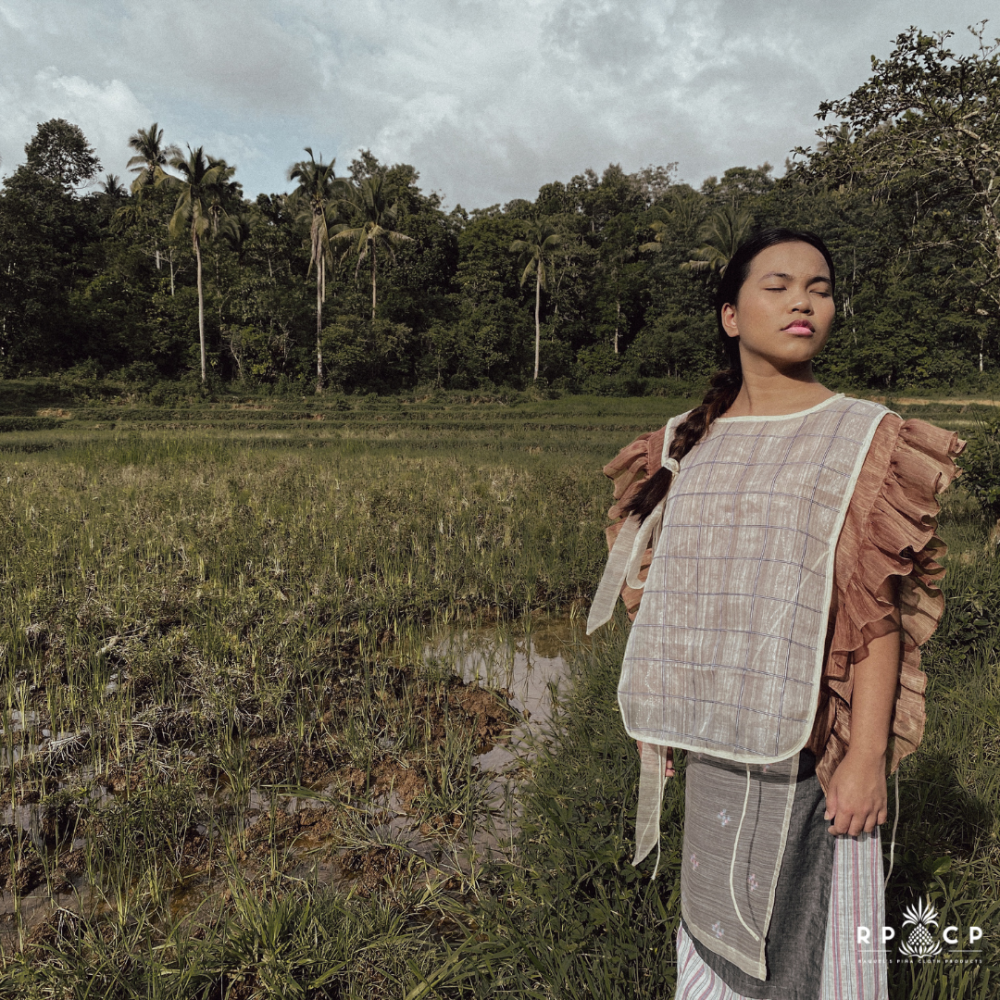
Since they established it in 2009, the pioneering women of Habi have worked tirelessly to bring Philippine fabrics to the fore, successfully kicking off a movement that has helped and continues to help various communities and related industries not only survive but thrive.
In their mission to keep local fabrics alive, the nongovernmental organization has previously supported artisans in the promotion and advancement of their businesses through workshops in entrepreneurship and digital marketing.
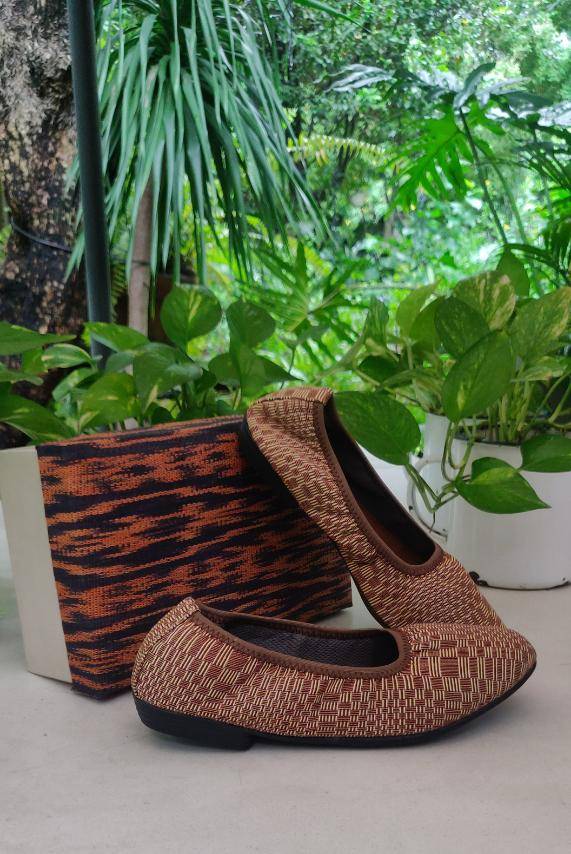
Bolster opportunities
This year, the group created the “Sponsor a Weaver” program to help bolster opportunities for weavers from remote areas to showcase their products to a willing market, help them flourish their businesses and, in turn, contribute to the continuation and growth of the local craft.
“It’s really meant to make them entrepreneurs, so we asked them to have a contribution,” Villanueva said, clarifying that it’s not a dole-out. “We’re not just giving them free everything. We discuss with them what they can contribute so at least there’s some sort of ownership on their part and they feel invested in it.”
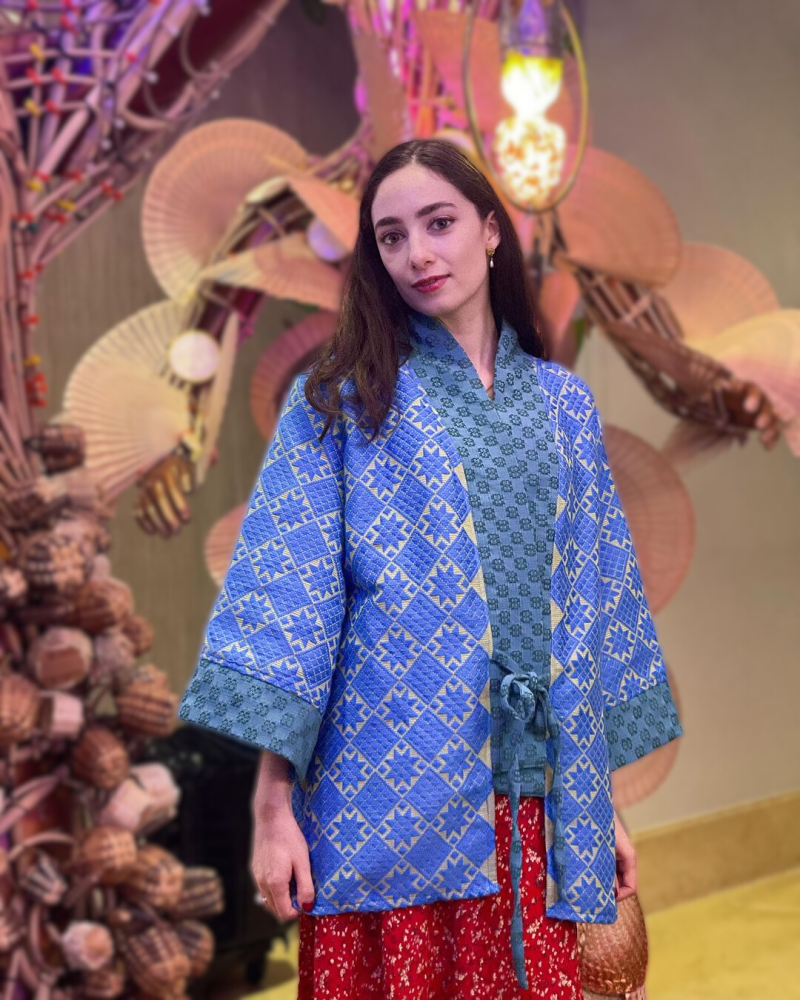
The program will bring to this year’s fair three weavers from Mindanao—Hininang Tu’s Denis Thadeo Abaquita from Kabadbaran, Agusan del Norte; and Agustin Tawi Sudao and Jie Tboli Design’s Estrellita Godwino, both from Lake Sebu, South Cotabato.
It’s hard for weavers in Mindanao who lack resources like Godwino. “If I get invited, but I have to shoulder everything, it’s hard because we’re not sure if many of our wares would be sold,” she said in a video.
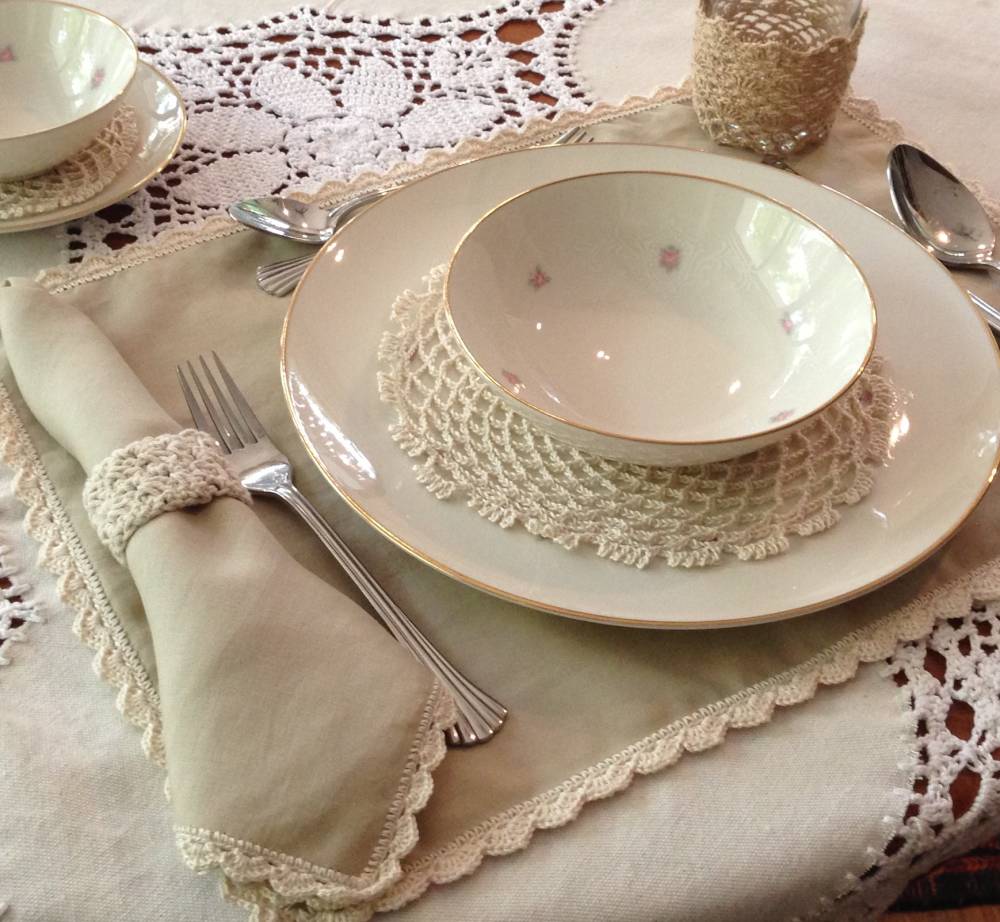
She said that even if they keep designing, there is no guarantee that their works will be seen. In this way, the program is able to help open up the creators to the market and connect them with people who have interest in and respect for their craft and products.
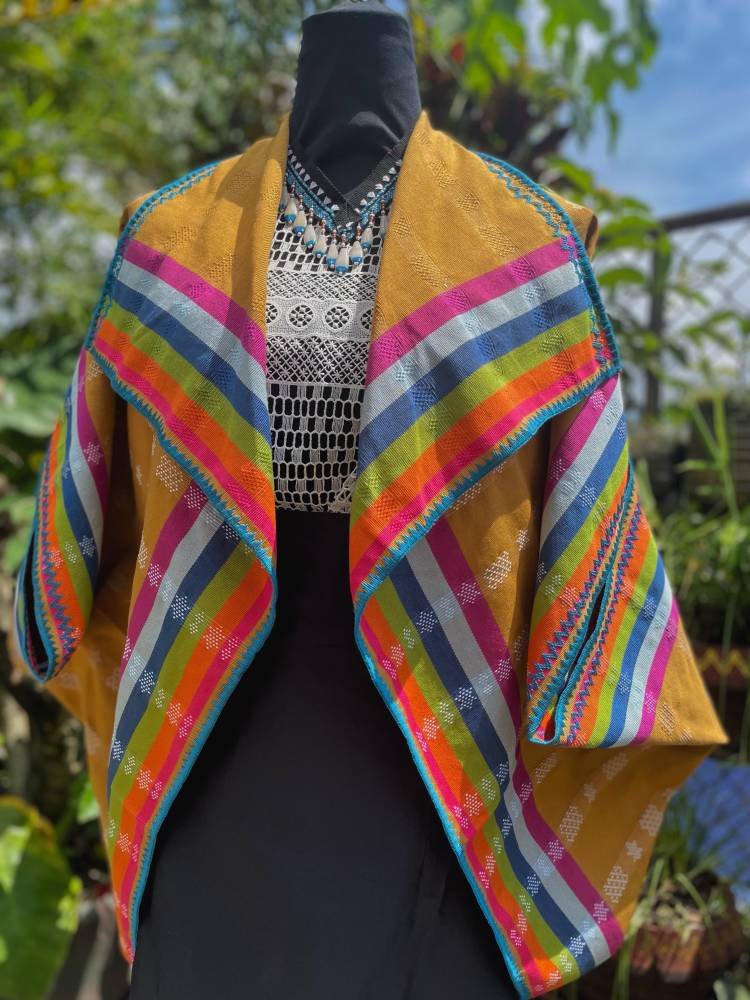
“Ever since I won in the second Abaca Weaving Competition, so many people have showed interest in my work,” said Sudao in the same video.
Abaquita likewise credited Habi for helping them preserve the tradition of Manobo craftsmanship, adding that they will be featuring the intricacy of Manobo embroidery, basketry and woodwork in their booth.
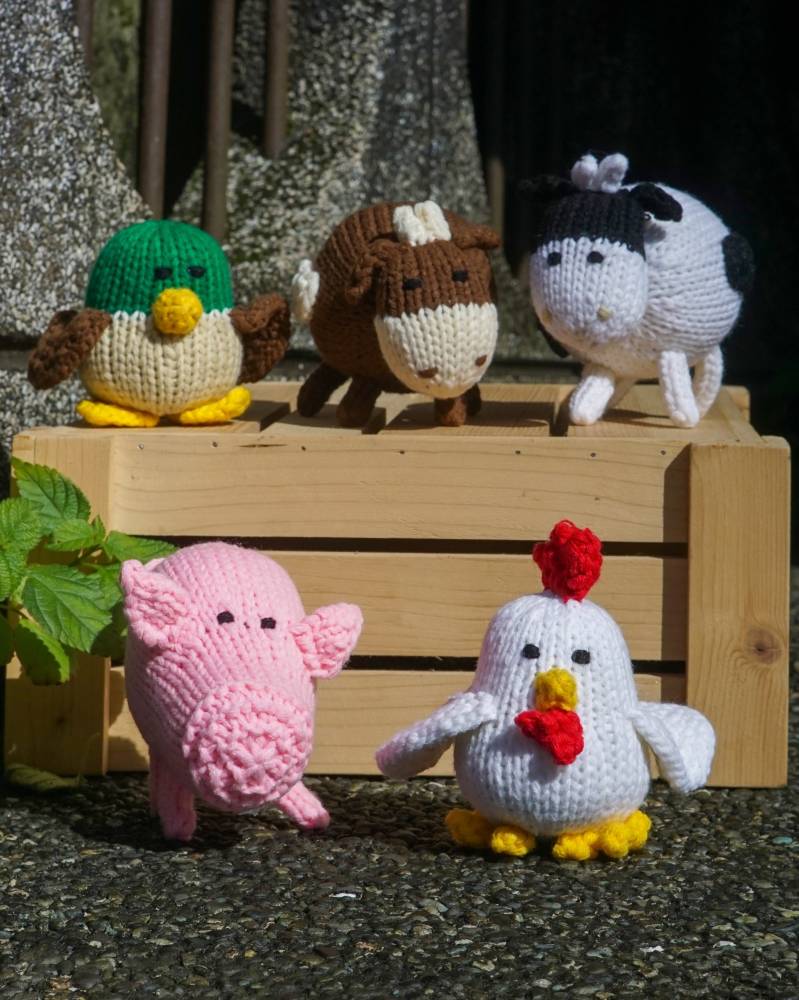
Likhang Habi Market Fair, with the theme “Earth to Loom: Celebrating Natural Dyes in Philippine Textile,” will be held at the Glorietta Activity Center Oct. 18 to 20.
Aside from featuring 90 vendors from all over the Philippines—63 from Luzon, 11 from the Visayas, and 16 from Mindanao—spread through 100 booths, there will also be various talks and workshops. Entries from the much-anticipated seventh Lourdes Montinola Pina Weaving Competition and third Eloisa Hizon-Gomez Abaca Weaving Competition will likewise be on exhibit at the fair.















